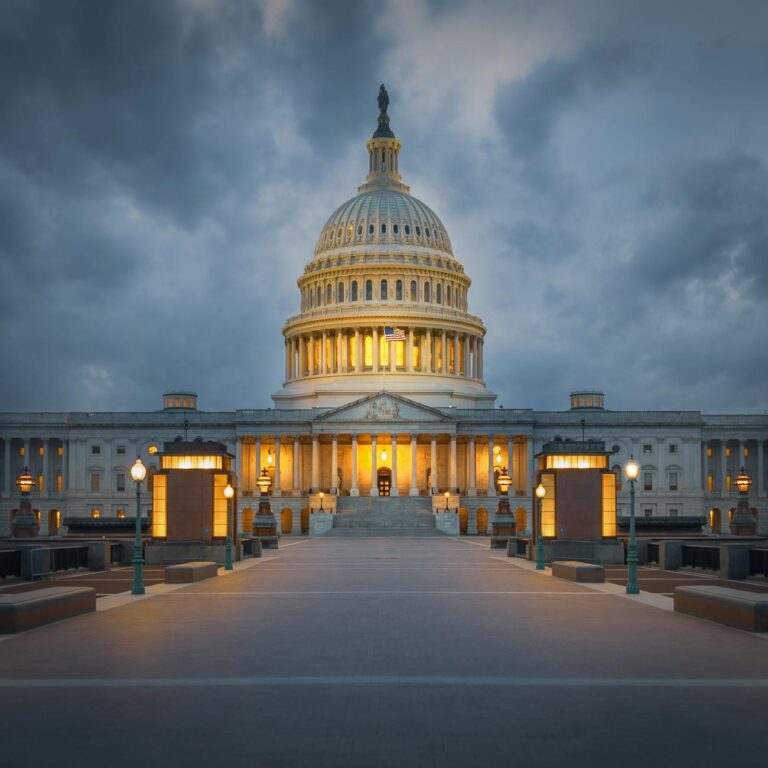Trump’s Stunning Threat to Move World Cup From Boston Sparks Outrage
When President Trump issued a shocking statement threatening to move the upcoming World Cup event from Boston, it ignited a firestorm of controversy and public outrage. The bold move, perceived by many as politically charged, raised questions about the intersection of sports, politics, and civic pride. This article delves into the implications of Trump’s threat, the responses it triggered, and the broader context of such a maneuver in today’s highly polarized climate.
The Context Behind Trump’s Threat
Trump’s threat to relocate the World Cup from Boston did not arise in a vacuum. Boston had been gearing up to host this highly prestigious event, which promised significant economic benefits and global attention. However, Trump, citing what he described as “unacceptable local policies and attitudes,” suggested that the city’s political leadership and cultural stance made it an unsuitable venue.
This rhetoric aligns with Trump’s history of leveraging high-profile events and projects as political tools to express discontent or exert influence over cities and states that are perceived as opposing his agenda. The threat immediately polarized audiences: supporters praised his assertiveness, while critics condemned it as a reckless and divisive gesture.
Political Overreach or Legitimate Concern?
Many argue that threatening to move such a monumental event from Boston is a blatant example of political overreach. Sporting events like the World Cup are traditionally apolitical celebrations of unity and competition that transcend geopolitical disputes. By injecting political grievances into the mix, Trump risks undermining the very spirit that makes global sports competitions great.
City officials in Boston, including the mayor and governor, publicly denounced Trump’s comments, framing them as an attempt to bully a city known for its progressive values and rich cultural heritage. They emphasized the tangible economic impact—jobs, tourism, and infrastructure development—that hosting the World Cup represents for Bostonans.
On the other hand, some supporters of Trump believe he is rightly calling out cities that adopt policies perceived as hostile to business or conservative values. They argue that such venues should be held accountable for the environment they create for large-scale events and that the threat to move the World Cup is a strategic move to ensure cooperation and respect.
The Economic Stakes for Boston
Boston stands to gain hundreds of millions of dollars from hosting the World Cup, across sectors like hospitality, retail, and transportation. The city has invested heavily in preparing venues and infrastructure, anticipating a spike in international visitors and media coverage. Removing the event from Boston could lead to serious financial losses and leave a lasting scar on the city’s reputation as a global sports hub.
Business owners and local residents expressed dismay, pointing out how politicizing the event could derail years of planning and opportunity. Some industry leaders voiced fears that the uncertainty alone was already damaging business confidence and sponsorship deals tied to the World Cup.
A Broader Reflection of America’s Divisions
Trump’s threat to move the World Cup from Boston unveils a deeper, troubling trend where even universally loved events are not insulated from America’s fierce cultural and political battles. Sports have often been a refuge from partisanship, but the increasing politicization hints at a society struggling to find common ground.
Critics worry that such brinkmanship could set a dangerous precedent. If political disputes dictate sporting venue selections, other cities may face similar ultimatums based on local politics rather than capability or merit. This would not only disrupt sports administration but could also disillusion fans who expect sports to unify rather than divide.



